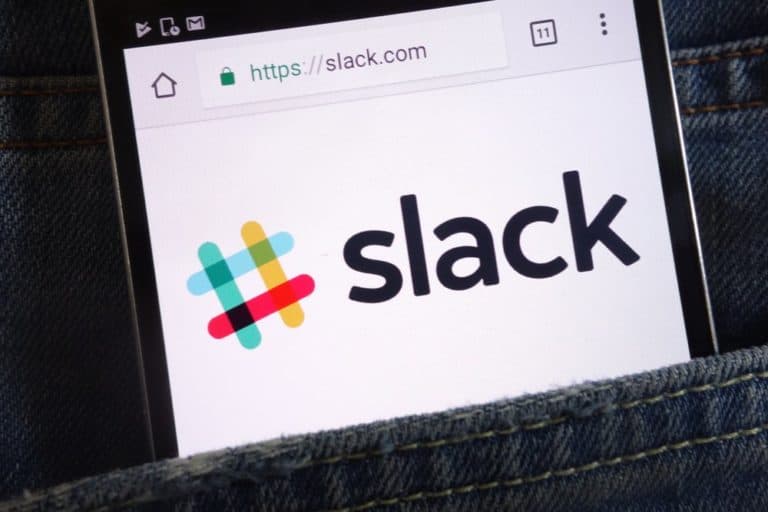The company promises the new release will help developers to “create the building blocks of automation”.
This week Slack announced that its new platform was finally out of beta and generally available to developers. The launch comes with a wide range of new features and capabilities that make it easier for developers to build and distribute apps on Slack.
The new platform boasts a “new modular architecture” that is grounded in building blocks like functions, triggers and workflows. They’re remixable, reusable, and hook into everything flowing in and out of Slack, according to the company.
Taylor Singletary, Slack’s Head of Developer Relations, described the new platform in a blog post. In addition top the new architecture, he writes, there is also a “faster, more intuitive developer experience”, which includes new tools like the Slack CLI and TypeScript SDK that “simplify and clarify the most tedious parts of building on top of Slack”.
The new platform also offers secure deployment, data storage and authentication powered by Slack-managed serverless infrastructure, Singletary writes. “And a fast, Deno-based TypeScript runtime keeps you focused on your code and your users”.
Finally, Singletary spotlights the new platform’s flexible user experience, which “makes it easy to share what you built anywhere in Slack. Add a link trigger and your workflow becomes portable—you can share it in a message, add it to your bookmarks, put it in a canvas and more”, he adds.
Introducing a “paid component”
Singletary then went on to announce that Workflow Builder will soon be a supercharged no-code tool that “puts the power of automating Slack and integrating everyday tools directly into the hands of users”. The other bit of news, however, was that the company’s “next-generation platform” was also going to have a “paid component”.
Pricing will be flexible and use based, and will apply only to certain types of workflows. To allow people to experience the new features, Slack is offering a six-month promotion period, from April 24 to October 31, during which customers will not be charged for any premium workflow runs.
